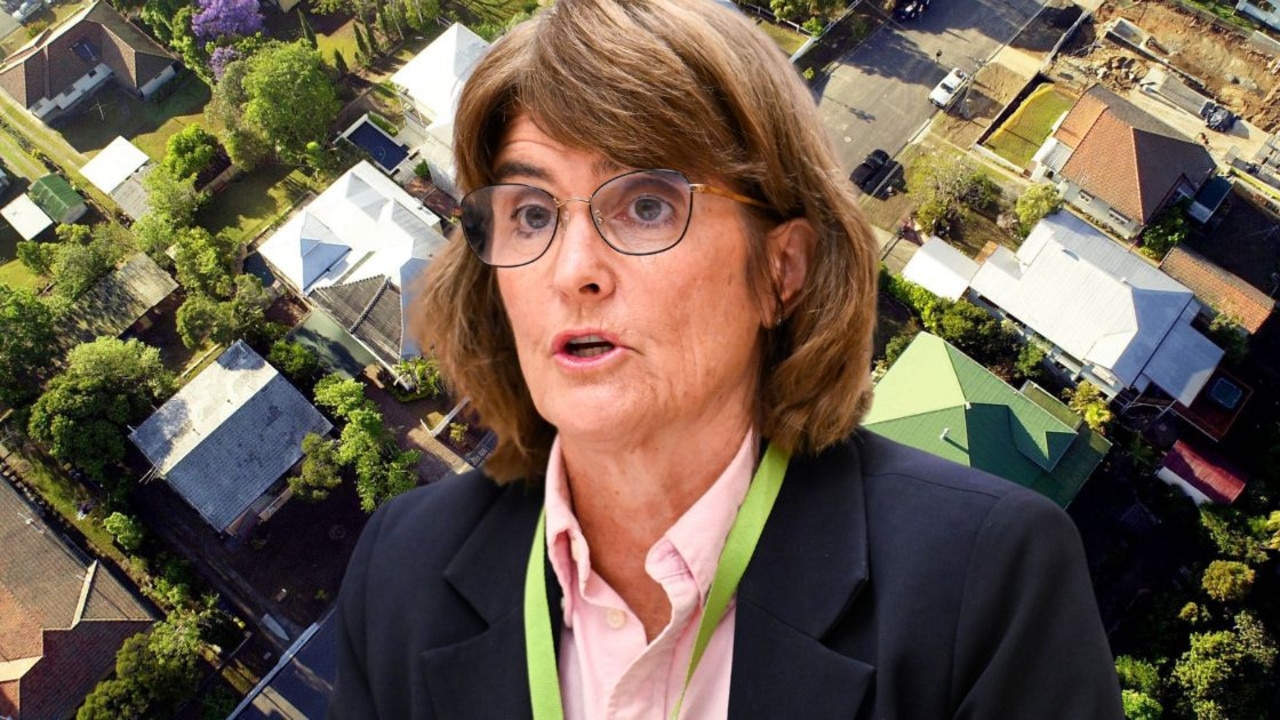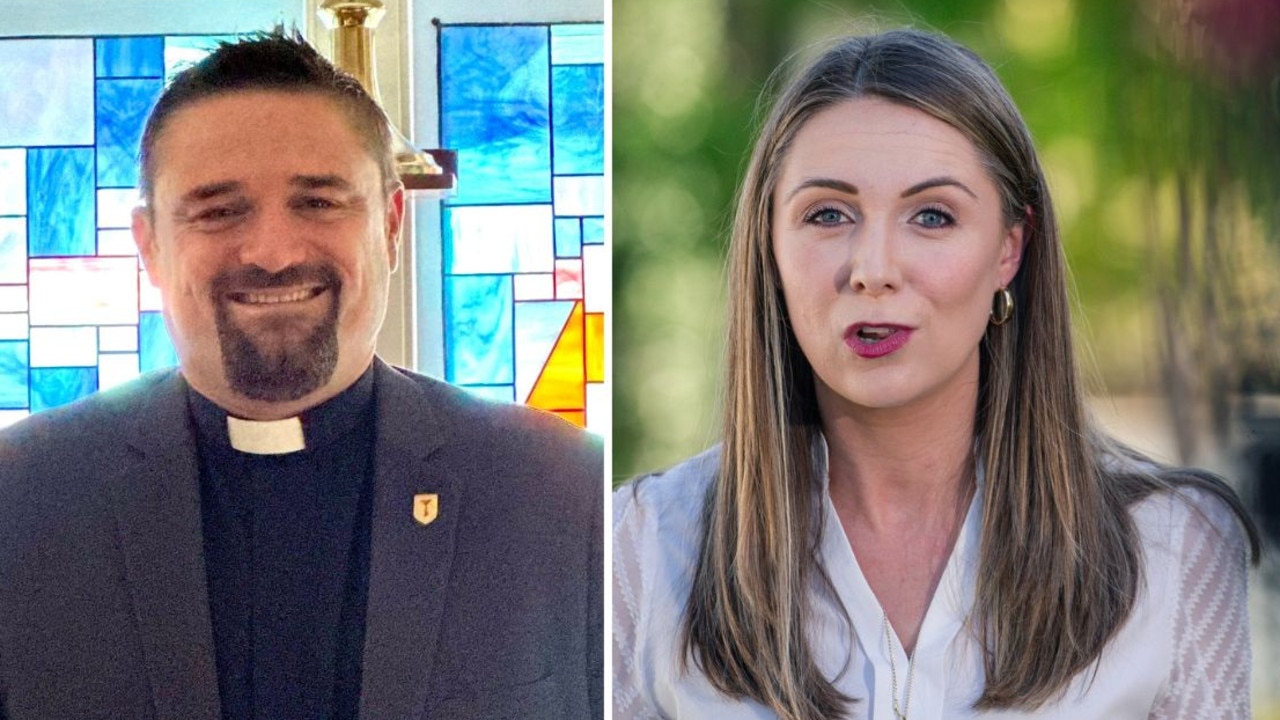Saving lives in the surf a gold standard for elite Aussie sports champions
AS EYES turn to the Commonwealth Games action on the Gold Coast next week, some of Australia’s elite athletes will be out saving lives in the surf instead, writes Grantlee Kieza.
CM Insight
Don't miss out on the headlines from CM Insight. Followed categories will be added to My News.
WHILE some of Australia’s greatest athletes will be wowing the world next week at the Commonwealth Games, other local champions will be on the beach instead, doing something even more astonishing.
They’ll be saving lives.
Ken Wallace has an Olympic gold medal in canoeing but says that, more valuable to him than the glittering prize from Beijing 2008, is the fact he has saved hundreds of people from drowning in dangerous surf.
Wallace and Jordan Wood are current world champion canoeists helping to patrol 52km of Gold Coast beaches as professional lifeguards and gearing up for the huge influx of tourists to the Games.
In recent times the Coast’s professional lifeguards have also included such athletes as Grant Davies, another Olympic medallist in canoeing; the brother and sister triathletes Jackson and Riley Maynard as well as their dad Chris; star bodyboarder Matt Lackey, Ben Malby, an ultra-marathon runner and Chris Bennetts, a former pro-surfer.
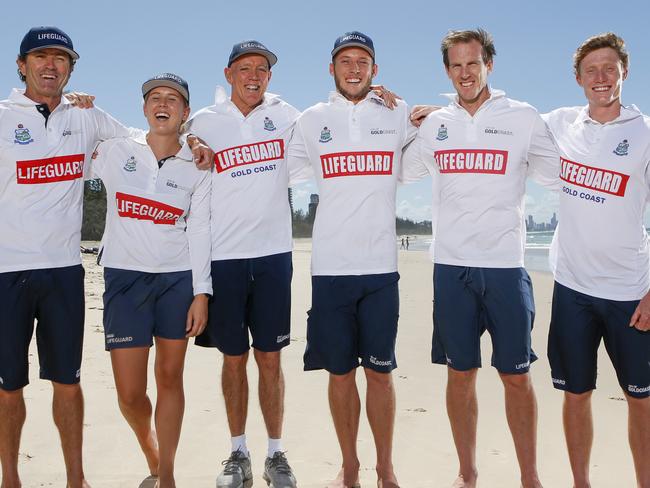
Wallace, 34, who has won seven world championships and three Olympic medals, has been working as a lifeguard on the Gold Coast for 17 years. His sport is not represented at the Commonwealth Games but he is training three times a day ahead of the World Cup in May in Hungary and Germany, and the World Championships in August in Portugal. They lead into next year’s Tokyo Olympic qualifying events.
When he’s not training on the water, he’s patrolling it.
“I must have done hundreds of rescues over the years,” he tells Insight, “but we’re really trying to focus more on prevention. It’s very rewarding to get people out of the water but you really don’t want them getting into danger in the first place. We are constantly telling people to enjoy the surf but to listen to the warnings and swim between the flags.”
Wallace’s boss is Warren Young, who is celebrating 50 years with the Miami Beach Surf Lifesaving Club.
Young started working on the coast as a professional lifeguard in 1973 and has now been chief lifeguard for 43 years. He manages a budget of $10 million and employs 39 permanent staff and 130 casuals – the largest professional lifeguard service in Australia.
“It’s a tremendously rewarding job,” he says. “For a start there’s no better office in the world than the Gold Coast beaches, but the fact that you are really helping people gives you so much job satisfaction.
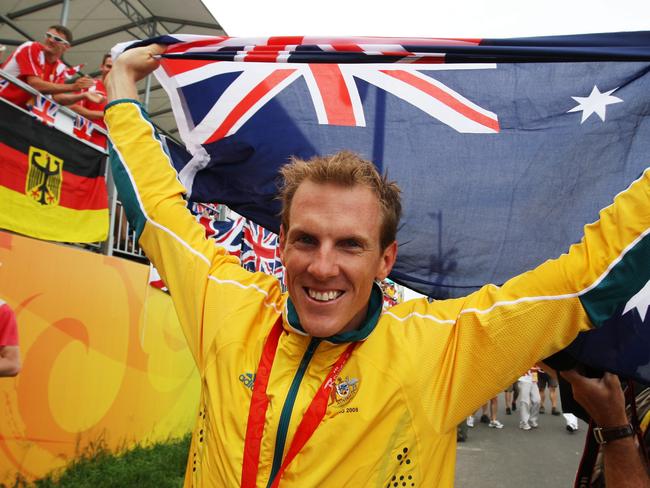
“I was at the airport the other day and met a bloke who said ‘you saved my life when I was 14 and that was 30 years ago’. So it makes me very happy and proud.”
Young, 67, has sad memories, though, of the late 1970s when the rapid escalation of high-rise developments at Surfers Paradise saw a surge of new arrivals ignorant of water safety. There was a spate of drownings despite some dramatic rescue attempts and the area earned the unwanted title of “Death Alley”.
“We had to do something about it quickly and we brought in constant surveillance on the beaches,” he says.
“In most jobs the more time you spend at work the more blase you get, but in lifeguarding the more time you spend on patrol, the more respect you gain for the ocean.
“Not many people will ever go to the beach setting out to do the wrong thing, but most don’t know that the slightest little current can take you into deeper water, and danger can accelerate beyond your control.
“We’re doing a pretty good job at prevention but there will be a big challenge throughout the Commonwealth Games with all the visitors, and we ask that people obey the warnings.
“We train for rescues and we’re ready to minimise the risk. Sometimes you get there just in time and the people you save are really thankful. Sadly, sometimes you get there and it’s too late.
“Our biggest success is when people don’t get into trouble in the first place.”
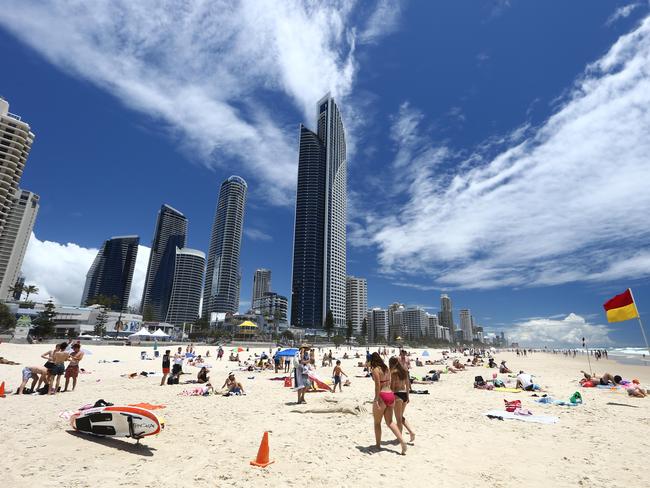
Young grew up in a housing commission home at Brisbane’s Acacia Ridge and started surfing on the Coast in the 1960s. He became captain at the Miami Surf Club and in 1973 local surf legend Marshall Kropp offered him a job as a lifeguard at Burleigh Heads.
Kropp’s daughter Marsha married Chris Maynard, one of the most respected people in beach sports on the Coast, and an integral figure in the lifeguard patrols.
Their son and daughter, Jackson and Riley Maynard, continue the tradition today.
Riley, 23, competed in Ironwoman events and while she had to stop because of university studies, she still stays super fit for her job on patrol.
Jackson, 25, who became a leading Ironman despite a melanoma scare and two separate heart conditions, says he’s lost count of the number of rescues he’s done, but none has been more dramatic than his first in 2009.
“We had a mass rescue of seven people at Surfers Paradise,” he says.
“I’d only been working for about an hour and a half and then it was straight into the water to rescue seven people.
“They were all swimming outside the flags. We drove down on the sand and took the paddle boards and rescue tubes out to bring them back.
“Thankfully it all worked out OK.
“It’s a great feeling to bring someone out of the water and know that you have given them another chance at life.”

